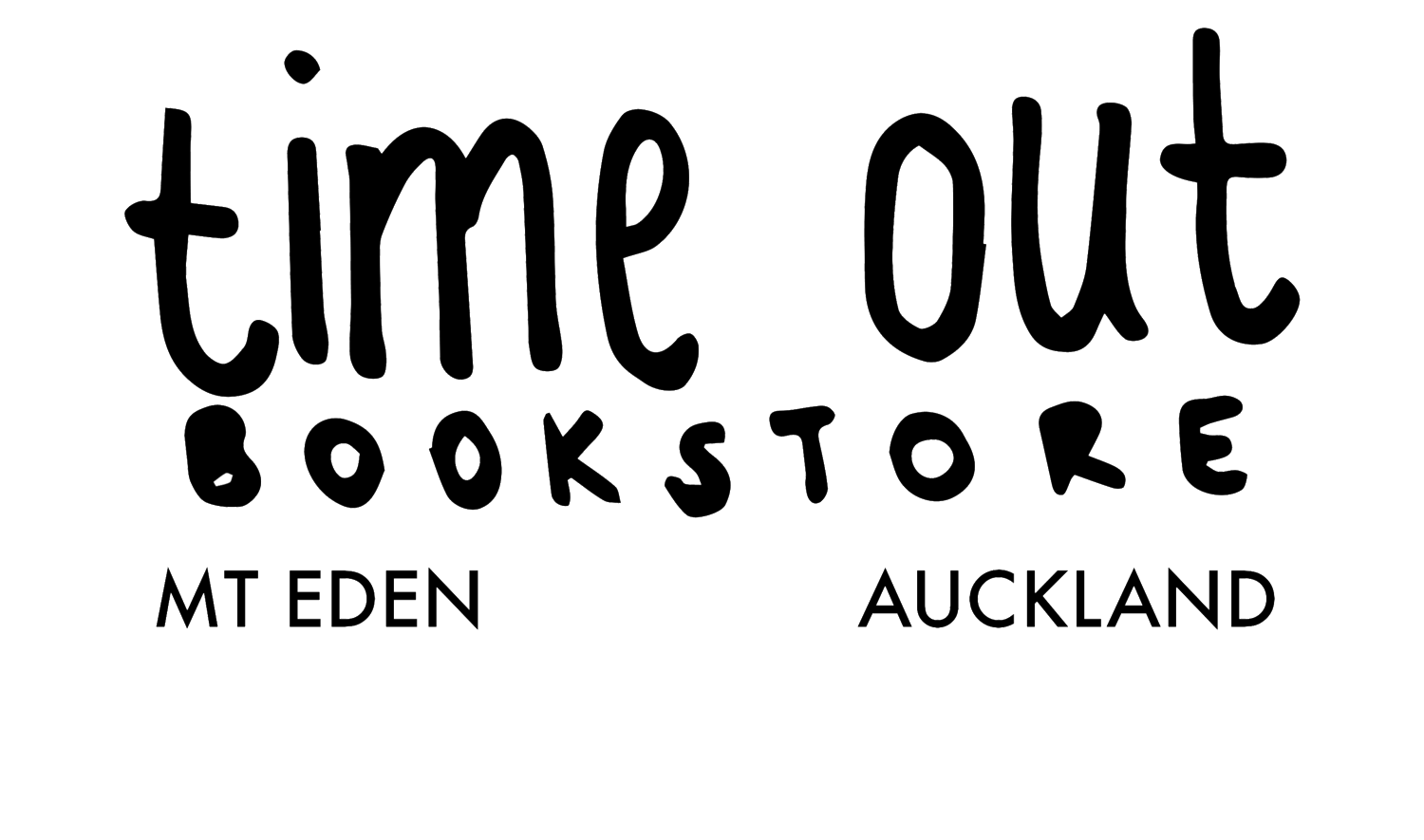Abby got the chance to speak with Emily Perkins about her book Lioness - a finalist for the Jann Medlicott Acorn Prize for Fiction at this year’s Ockham New Zealand Book Awards.
Lioness is a hypnotic read that steadily unravels wealth and power in Aotearoa through the unravelling life of it’s main character and her collision course with the woman she wishes she could be. It’s fiery, entrancing, and easily devourable. It was great to get to chat to Emily about the book:
You’ve previously won a New Zealand Book Award for Novel About My Wife in 2009. What do you think is the biggest thing that’s changed about your writing/you as a writer since then?
It’s hard to say – with each book or script I want to do something I haven’t done before, so I tend to think from project to project rather than look at my own writing over time. One thing I love about writing is that you have to bring your whole self to it. It doesn’t get easier but I’m more conscious of enjoying the golden moments.
Lioness is your first novel in a while, but you’ve been busy in the theatre and film worlds! How does your approach to writing a novel differ from a screen or stage work?
One difference is in how I create the first draft. With a novel I’m more likely to write into the unknown, finding it piece by piece and building the structure as I go, and with drama work I’m usually thinking through the architecture first, then honing in on the details.
I love the characters of Lioness and how they fit together - they’re so messy and real but simultaneously larger-than-life. Were there any people (real or fictional!) or encounters that inspired them?
Thank you! Not really – they emerged from the world of the book. Although there is a moment that Therese recalls, being at a party and having a man guess her age, that’s based on a real life encounter I had, and which was quite a propellant.
I’ve seen Lioness compared to Succession quite often which makes a lot of sense to me. Why do you think people love stories about the wealthy? Was there something that drew you into writing about wealth and class?
There’s the fascination we have with different systems, the feeling of having your nose pressed up to the glass. What would it be like to be inside that? Money is a huge driver of story: what we do to get it, what we do to keep it, what having it or not having it does to us. And the illusion of New Zealand as a relatively class-free nation has been blown up in recent decades. I wanted to foreground class, both its visible and invisible aspects, because I think we should be more honest about the way it works in order to challenge it as a force.
If you were a bookseller, how would you sell your book to a potential reader?
‘One of the books in this store contains a golden ticket worth 2 million dollars. It’s probably in a copy of Lioness, but you won’t know until you buy it.’
Any ideas for your next book yet?
I’m at the early stages of something. It’s centred around a marriage again – at the moment the character that’s drawing my attention is the husband.
Tell us a bit about your upcoming sessions/masterclass at the Auckland Writers Festival!
Voice is the most crucial part of writing to me – it defines and propels the work, it’s intimately tied with story, and it’s what I read for. This isn’t a generalised session on ‘how to find your literary voice’ because each project generates and demands its own. So it will be ‘how to find the right voice for what you’re writing at the moment.’ We’ll be doing fun exercises and looking at the effects different voices generate. I want people to leave feeling they know what feels right for their work, and that they have some new approaches.
Give us a quick review of the other finalists on the shortlist, if you’ve read them!
I have read them and I’ve been blown away by the mastery, range and ambition across all of them – as I was by the longlisted books I’ve read too – such a hard task for the judges, and so much juicy reading for booklovers!

